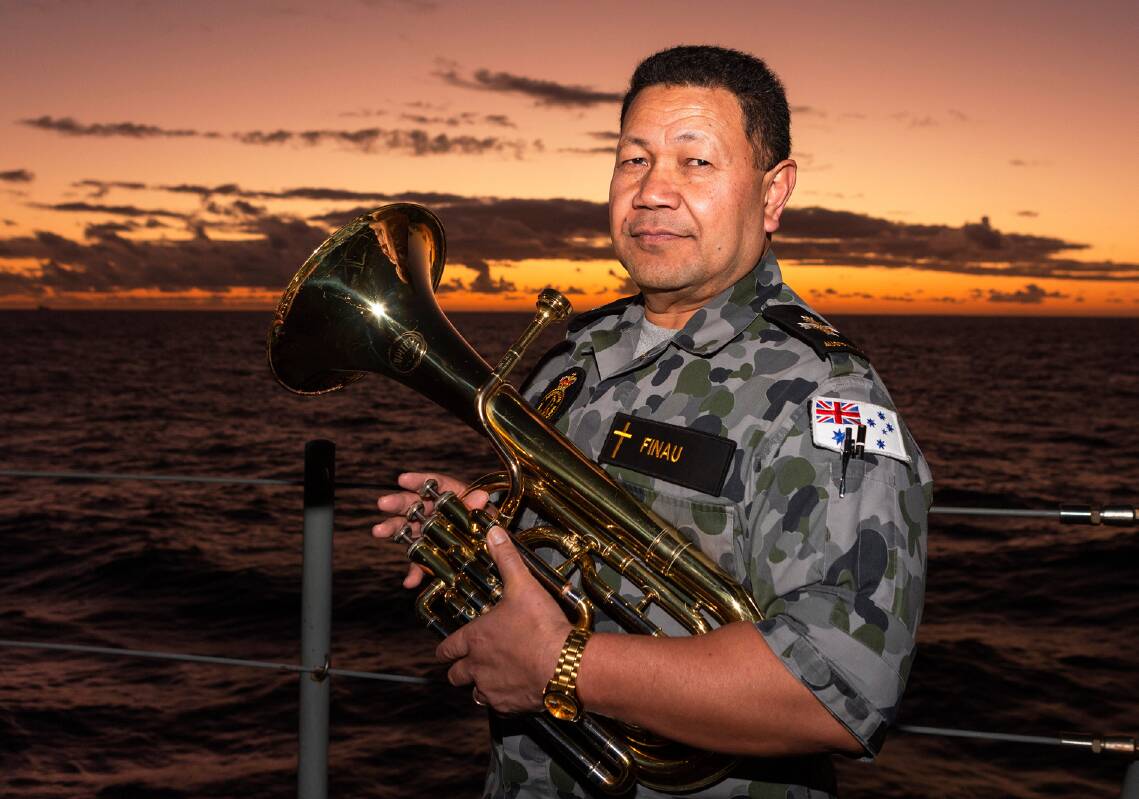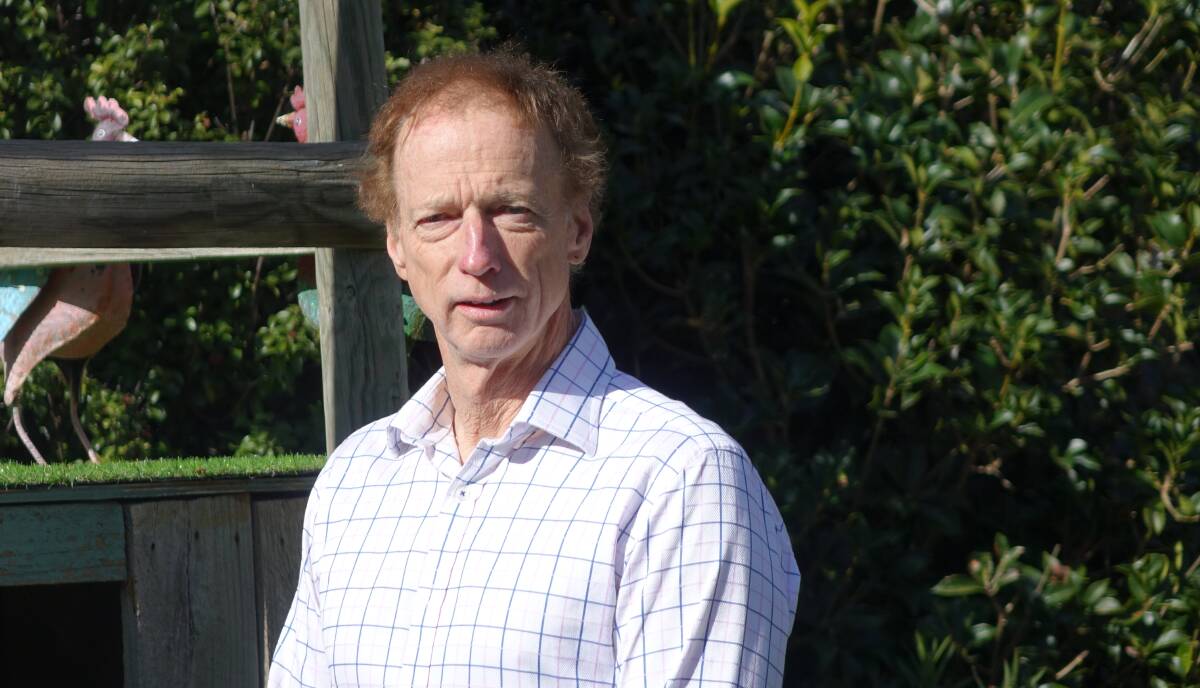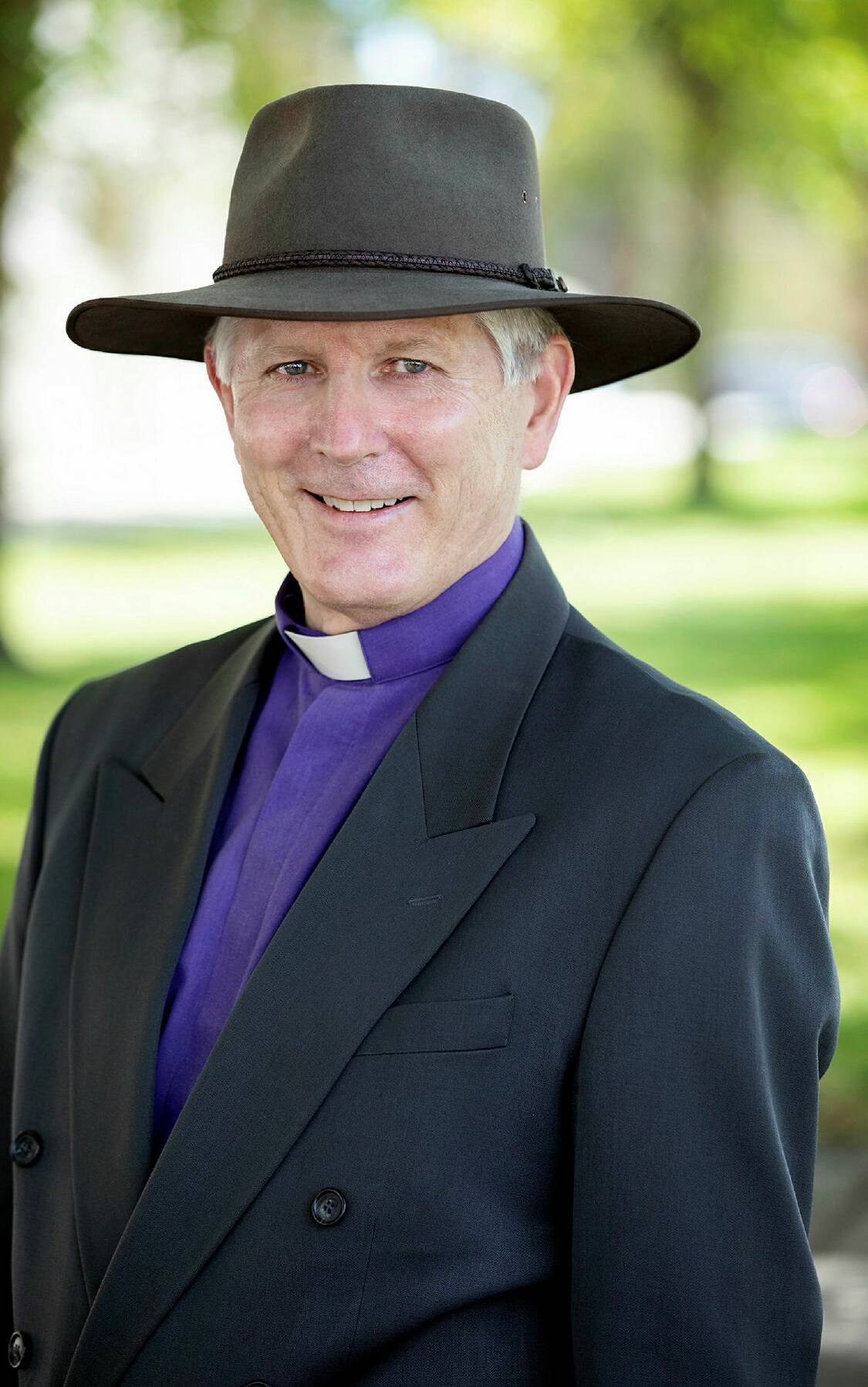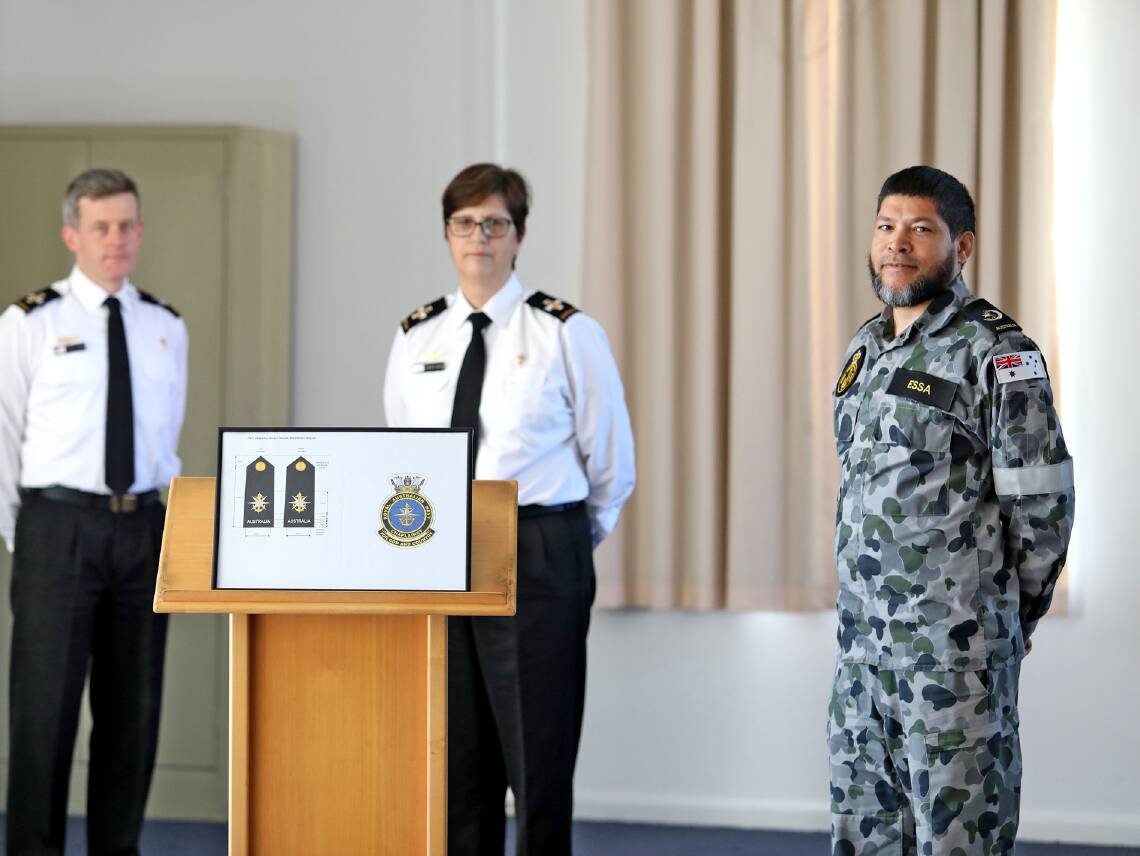
There are divisions at the top of the military over what role Christianity should play in the armed forces.
The top brass of the army and air force want to keep chaplains - priests in uniform - as central to the way soldiers are comforted and counselled.
But a recently retired principal chaplain of the the Royal Australian Navy is pressing for far more non-religious pastoral carers instead. Collin Acton says lots of soldiers won't take their fears and traumas to men of the cloth who may want to convert them to Christianity.

"A large number of Defence Chaplains are kind humans and are extremely good at caring for others," the former director-general of navy chaplaincy said.
But many service people would not turn to priests. "Others may not wish to receive any assistance from these well-meaning religious professionals."
He said that there was a very strong view at the top of the army that the Christian faith was at the core of the military.
Chaplains were also resistant to a diminished role, Mr Acton said: "They honestly believe that there is a cosmic battle between good and evil, God and Satan - and maintaining numbers of gospel ministers is key to winning the fight for the souls of the many lost defence personnel."
The controversy comes as the census reveals that fewer than half of Australians see themselves as Christian.
On the other side of the argument from the former chaplain is Grant Dibden, the Anglican Bishop of the Defence Force, to give him his official title (unofficially, he has been dubbed the Bishop in Khaki).
Bishop Dibden was a serving soldier for 41 years, from Duntroon in 1979, eventually promoted to Colonel in 2002.
He is not now a serving soldier but is close to the military, advising the Defence department and recruiting chaplains: "I will visit each once every year in their locations, speak to them via phone and see them at least one more time at our annual Anglican Chaplain gathering," he says in his Department of Veterans' Affairs profile, "Grant Dibden - For God and Country".
His view is that good Christians make soldiers who are less likely to commit atrocities: "Where there are more soldiers who follow the Lord Jesus, it is more likely that evil will be restrained in the heat of battle," as he put it in Eternity, the magazine of Bible Society Australia.
"In a broken world, war may be the loving option," he wrote.

"Pol Pot should have been stopped. The Rwandan genocide should have been stopped. Hitler had to be stopped. Failing to intervene and allowing the Cambodians, the Tutsis and the Jews to be exterminated is not sensible restraint, but a lack of love. It is a lack of love for the victims."
The Canberra Times talked to him but he wouldn't go on the record without the permission of the Defence Department.
It then issued a statement in his name: "Chaplaincy is a multi-faceted support role, this is particularly important on deployments when personnel require support in times of crisis and when existential questions are raised after serious events.
"This support continues when members return from deployments, in my experience if someone knows and trusts a chaplain, they will continue to engage with them."
That was not Collin Acton's experience as a chaplain: "People told me that they didn't want to talk to me because I had a cross on my shoulder."
"There are so many people who are struggling on their own out there and who don't want to talk to a chaplain."
There are a tiny number of imams and rabbis serving, but the great majority of the 155 full-time and 146 part-time chaplains are Christian ministers of religion.
Non-religious help is available but, on Collin Acton's estimate, there are only around 60 social workers.
Mr Acton said that serving soldiers were often reluctant to seek professional psychological help because they feared that they would then be discharged from the army.
In the navy, his campaign for change finally met some success. Five "maritime spiritual wellbeing officers" were appointed to work alongside the 32 Christian chaplains and one Muslim Imam. Insignia were changed to remove the cross (which would have been offensive to Jewish or Muslim chaplains). Now Christian chaplains wear a cross on their breast pocket and the Muslim chaplain wears the crescent.
The Defence department said: "After 108 years of being a primarily religious capability, this is a significant development which will meet the rapidly changing preferences and religious landscape of Navy people, of which more than 50 per cent do not affiliate with a religion."

But the army and air force are resistant to similar changes. Mr Acton thinks that some chaplains think promoting Christianity is what really matters - "For them, it's about saving people from the flames of Hell," as he put it.
Losing faith
Collin Acton enlisted as a marine technician at the age of 16. He then became a Christian and left the navy to be ordained as a priest. He then rejoined the navy as a chaplain from 1997 to 2020.
But his faith faded. He says he saw too many horrible things: "After seeing some nasty parts of the world, I started saying, 'Where is God in all this?', and I felt I couldn't sustain that."
He served in the waters off the Middle East. "We came across boats which had people being smuggled, people who had become slaves. And I would think, 'Where is God in all this?'
"I came to the end of my tether in Afghanistan, sitting with a young man who had lost his mate. It just sounded so thread-bare to try to offer a religious solution."
But he was still a chaplain. "I had to maintain that outward appearance but there was a growing awareness that chaplains weren't the sort of people I would talk to."
These days, he doesn't quite say he's an atheist. Rather: "I live my life as if there is no God."
"I consider myself a spiritual person. For me, it's not about religion."
We've made it a whole lot easier for you to have your say. Our new comment platform requires only one log-in to access articles and to join the discussion on The Canberra Times website. Find out how to register so you can enjoy civil, friendly and engaging discussions. See our moderation policy here.







